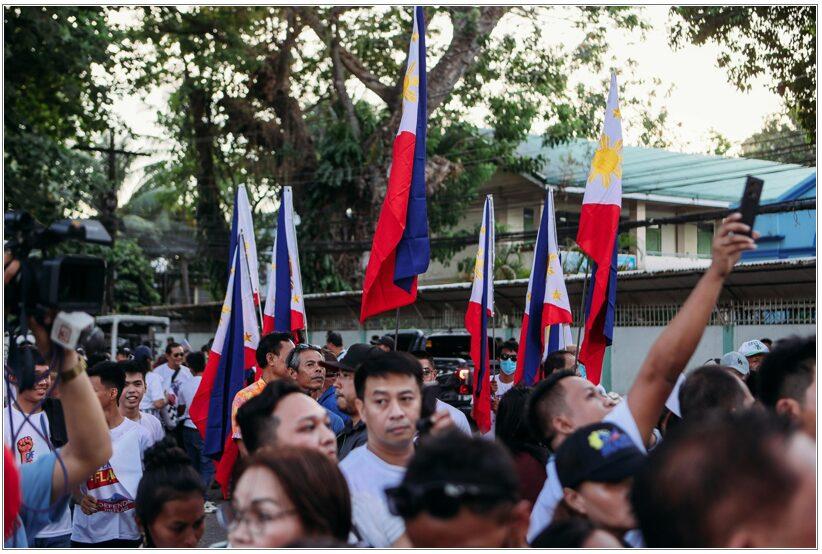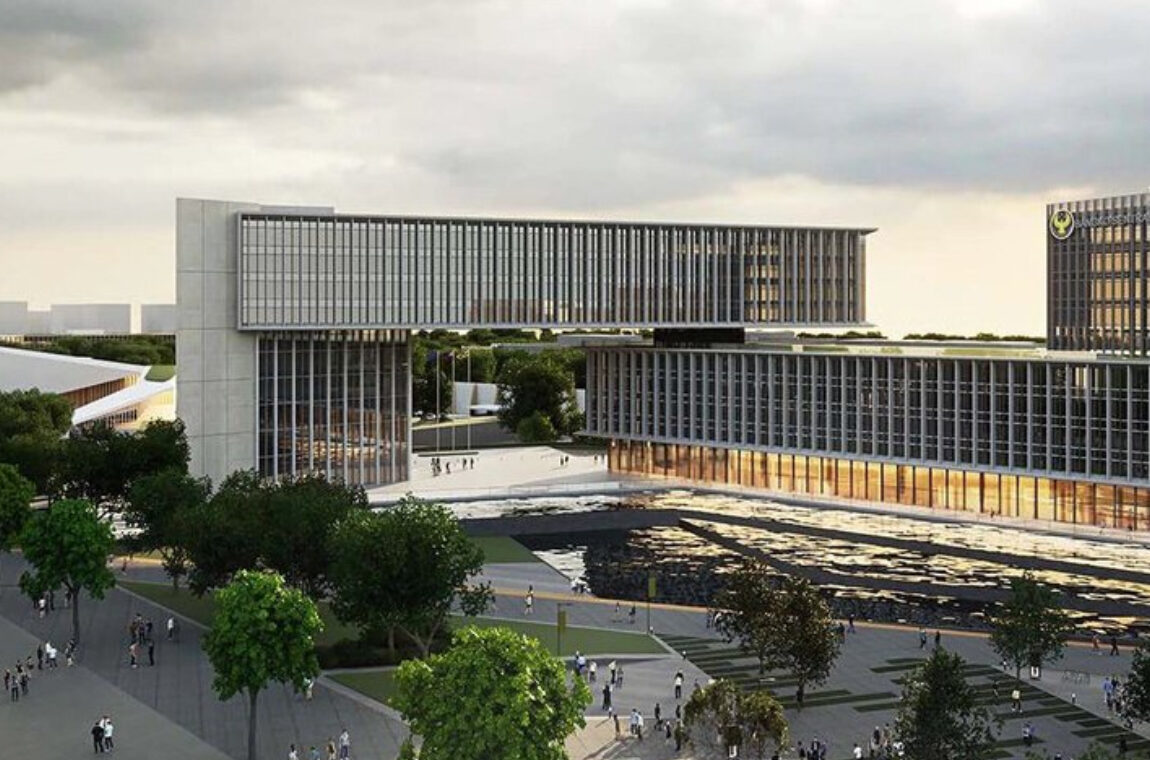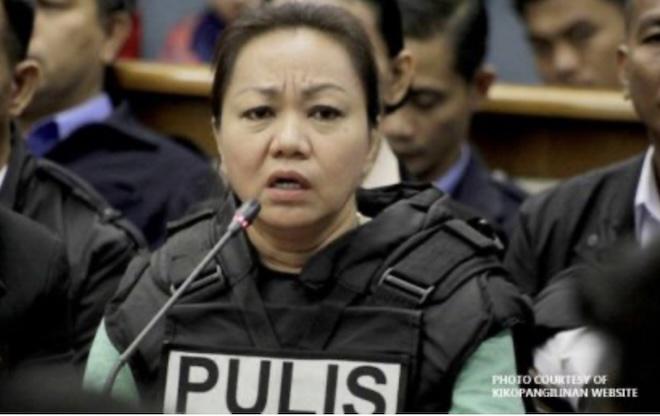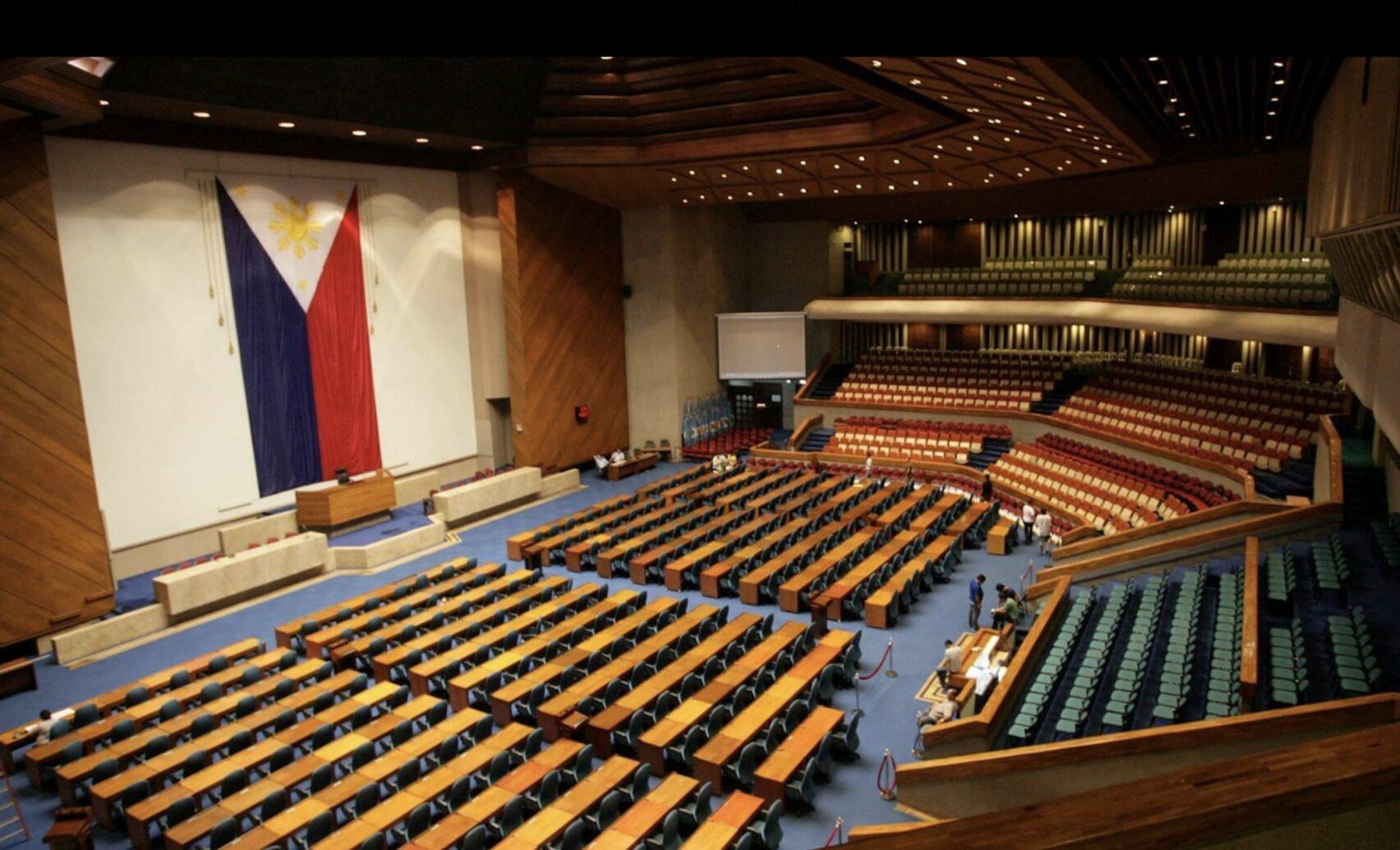On May 12, 2025, Filipino voters are expected to cast their ballots in the country’s midterm elections. Over 18,000 public officials will be elected, including 12 senators, 254 district representatives, 63 party-list lawmakers, and nearly 18,000 local government leaders. The elections will also decide parliamentary seats in the Bangsamoro Autonomous Region in Muslim Mindanao (BARMM), marking another crucial step in the nation’s democratic process.
MANILA, Philippines – On May 12, more than 71 million registered voters across the Philippines will head to the polls for the 2025 midterm elections — a pivotal democratic exercise that will redefine power dynamics in the legislature, local government units, and among the country’s most powerful political families.
Held three years into President Ferdinand “Bongbong” Marcos Jr.’s term, the midterms are viewed as a referendum on his administration’s governance. At the same time, they will test the resilience of the Duterte political dynasty, reveal the depth of public dissatisfaction or support, and potentially reconfigure the balance of power in the Senate.
What’s at Stake
Voters will fill thousands of posts:
- 12 of the 24 Senate seats
- All 317 seats in the House of Representatives
- 63 party-list seats
- Over 17,900 local posts (from provincial governors to city and municipal councilors)
- Members of the Bangsamoro Parliament (elections scheduled for October 13, 2025)
A favorable Senate and House majority will be crucial for President Marcos Jr. to advance his legislative priorities — including proposed constitutional amendments and economic reforms.
Key Political Coalitions and Senate Slates
- Alyansa Para sa Bagong Pilipinas (ABP) – Pro-Administration
A coalition of parties allied with President Marcos Jr., including:
- Partido Federal ng Pilipinas (PFP)
- Lakas–CMD
- Nacionalista Party
- National Unity Party (NUP)
- Nationalist People’s Coalition (NPC)
Confirmed senatorial candidates under ABP include:
- Camille Villar (Nacionalista)
- Bong Revilla (Lakas–CMD)
- Pia Cayetano (Nacionalista)
- Benhur Abalos (PFP)
- Erwin Tulfo (NUP)
- Lito Lapid (NPC)
- Manny Pacquiao (Lakas–CMD)
- Tito Sotto (NPC)
- Tol Tolentino (Lakas–CMD)
- Ping Lacson (Independent)
- Abby Binay (United Nationalist Alliance)
Note: Senator Imee Marcos, initially considered part of the ABP slate, has withdrawn from the administration coalition and is running as an independent. She cited discomfort with the administration’s handling of the arrest of former President Rodrigo Duterte and a desire to remain politically autonomous.
- DuterTen Coalition – Duterte-Aligned Opposition
Led by PDP–Laban, the coalition includes:
- PDP–Laban (Partido Demokratiko Pilipino)
- PDDS (Pederalismo ng Dugong Dakilang Samahan)
- Partido Reporma
Senatorial slate includes:
- Ronald “Bato” dela Rosa (PDP–Laban)
- Bong Go (PDP–Laban)
- Phillip Salvador (PDP–Laban)
- Jimmy Bondoc (PDP–Laban)
- Jayvee Hinlo (PDP–Laban)
- Raul Lambino (PDP–Laban)
- Rodante Marcoleta (Independent)
- Richard Mata (Independent)
- Vic Rodriguez (Independent)
- Apollo Quiboloy (Independent)*
Note: Quiboloy faces multiple legal cases and international sanctions; his candidacy is controversial and being challenged.
Vice President Sara Duterte, though estranged from the Marcos Cabinet, has extended support to certain ABP candidates such as Camille Villar, reflecting complex cross-party allegiances.
- KiBam Coalition – Liberal and Progressive Opposition
A tandem campaign by former Senators Bam Aquino and Kiko Pangilinan, the KiBam coalition is backed by:
- Liberal Party
- Akbayan Party
- Katipunan ng Nagkakaisang Pilipino (KANP)
Key candidates include:
- Bam Aquino (KANP)
- Kiko Pangilinan (Liberal)
- Chel Diokno (KANP)
Former Vice President Leni Robredo is not part of the slate but remains influential and is running for mayor of Naga City.
- Oposisyon ng Bayan – Makabayan Bloc (Left-Leaning Coalition)
A progressive alliance rooted in labor, education, and grassroots movements. Member organizations include:
- Bayan Muna
- Anakpawis
- Gabriela Women’s Party
- ACT Teachers
- Kabataan Partylist
Senatorial candidates include:
- Neri Colmenares (Bayan Muna)
- France Castro (ACT Teachers)
- Arlene Brosas (Gabriela)
- Antonio Tinio (ACT Teachers)
- Liza Maza (Gabriela)
- Satur Ocampo (Bayan Muna)
- Jerome Adonis (Anakpawis)
- Jocelyn Andamo (Filipino Nurses United)
Makabayan has fielded 11 candidates and is encouraging its supporters to complete their ballots based on shared values.
Tensions and Fractures: Marcos vs. Duterte
A growing rift between the Marcos and Duterte camps has taken center stage. VP Sara Duterte’s 2024 resignation from the Marcos Cabinet was followed by public accusations between the two families. The tension escalated with the arrest of Rodrigo Duterte on international charges — an event that led to Senator Imee Marcos publicly criticizing her brother’s administration and withdrawing from the ABP slate.
Election Reform and Security
- Hybrid Voting: The Commission on Elections (COMELEC) has implemented a hybrid system combining manual voting and automated transmission.
- Smartmatic Disqualified: Due to procurement and legal issues, the election tech company is barred from future government contracts.
- Security Measures: Over 100 areas have been flagged as election hotspots. Military and police forces have been deployed to ensure safe voting.
- Combatting Disinformation: COMELEC and watchdogs are monitoring deepfakes, AI-generated campaign materials, and misinformation online.
Key Issues Driving Voter Sentiment
- Inflation and Economic Recovery: Cost-of-living concerns and job insecurity remain at the top of the electorate’s concerns.
- Foreign Policy: Growing tensions with China over the West Philippine Sea are fueling nationalist rhetoric across coalitions.
- Governance and Anti-Corruption: Calls for transparency and reform persist amid distrust in traditional political dynasties.
- Constitutional Reform: The Marcos administration is seeking to liberalize economic restrictions in the 1987 Constitution — with a possible plebiscite after the elections.
A Defining Political Crossroads
The 2025 Philippine midterm elections are not just about numbers — they are a contest of competing legacies, future leadership, and national direction. For President Marcos Jr., the results could determine the viability of his policy ambitions. For the Duterte bloc, it’s a fight for political relevance. For the opposition, it’s a chance to reclaim lost ground. For voters, it’s a defining moment to shape the future of their democracy.







